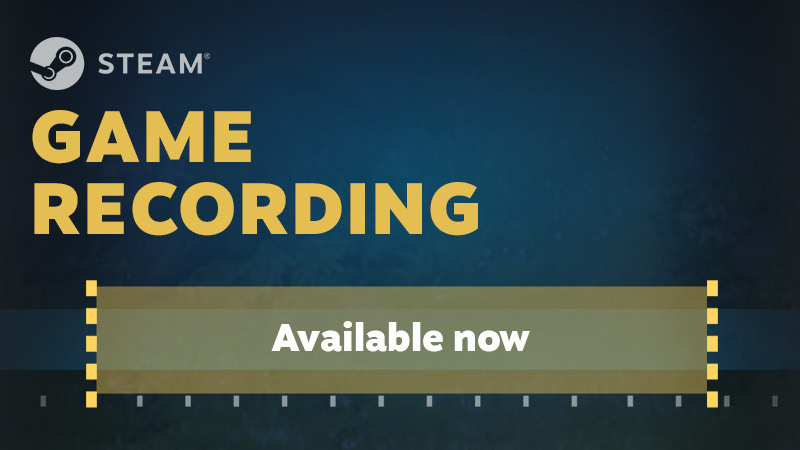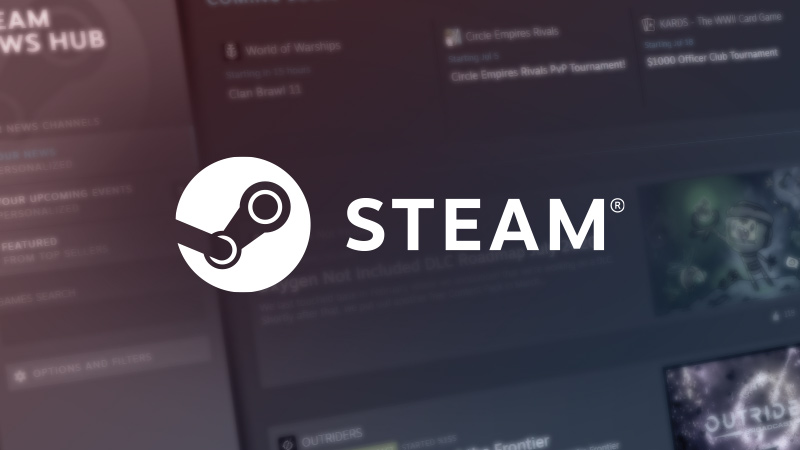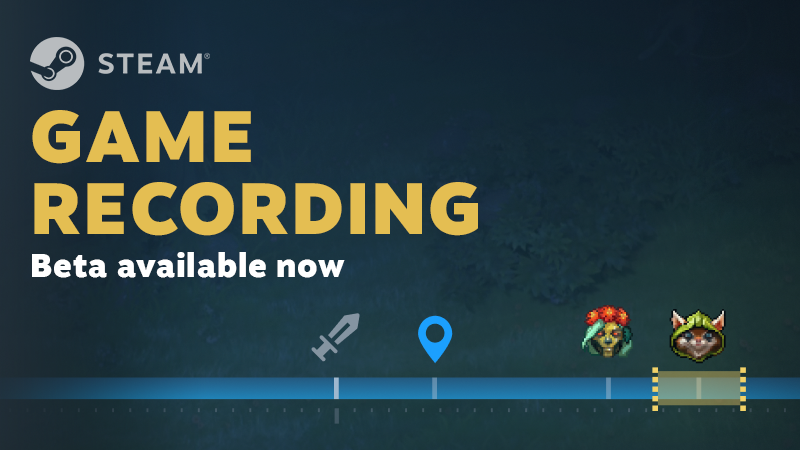

Does that mean we’ll start seeing desktop apps like IDEs running in Android? How are you going to develop python on android? A linux container / VM?
Non-web applications on ChromeOS already run in containers. Developer mode (or however ChromeOS calls it) is just installing Debian in an LXC container.
That’s going to be so wasteful.
Have you ever tried browsing the web using Chrome? THAT’S wasteful on resources. A command line-only container for Python development is nothing by comparison.
















So like ChromeOS? I wouldn’t say DeX is the greatest thing ever but whenever I get home from a stressful work day, sit down at my desk, and then realize that I left my backpack with the notebook at the door, I just plug the next best thing into my USB C dock and sometimes that’s my phone. Heck, I even did image editing with Krita from F-Droid once (the Android port has not been updated in years and is alpha quality, so the experience was bad but that’s on the Krita port not Android/DeX itself).
The quality of Android apps in desktop mode isn’t really dependent on whether they run on ChromeOS or DeX. If anything, the division in OS strategy into three operating systems at Google (don’t forget Fuchsia), caused needless developer fragmentation from both 3rd parties but also within Google.